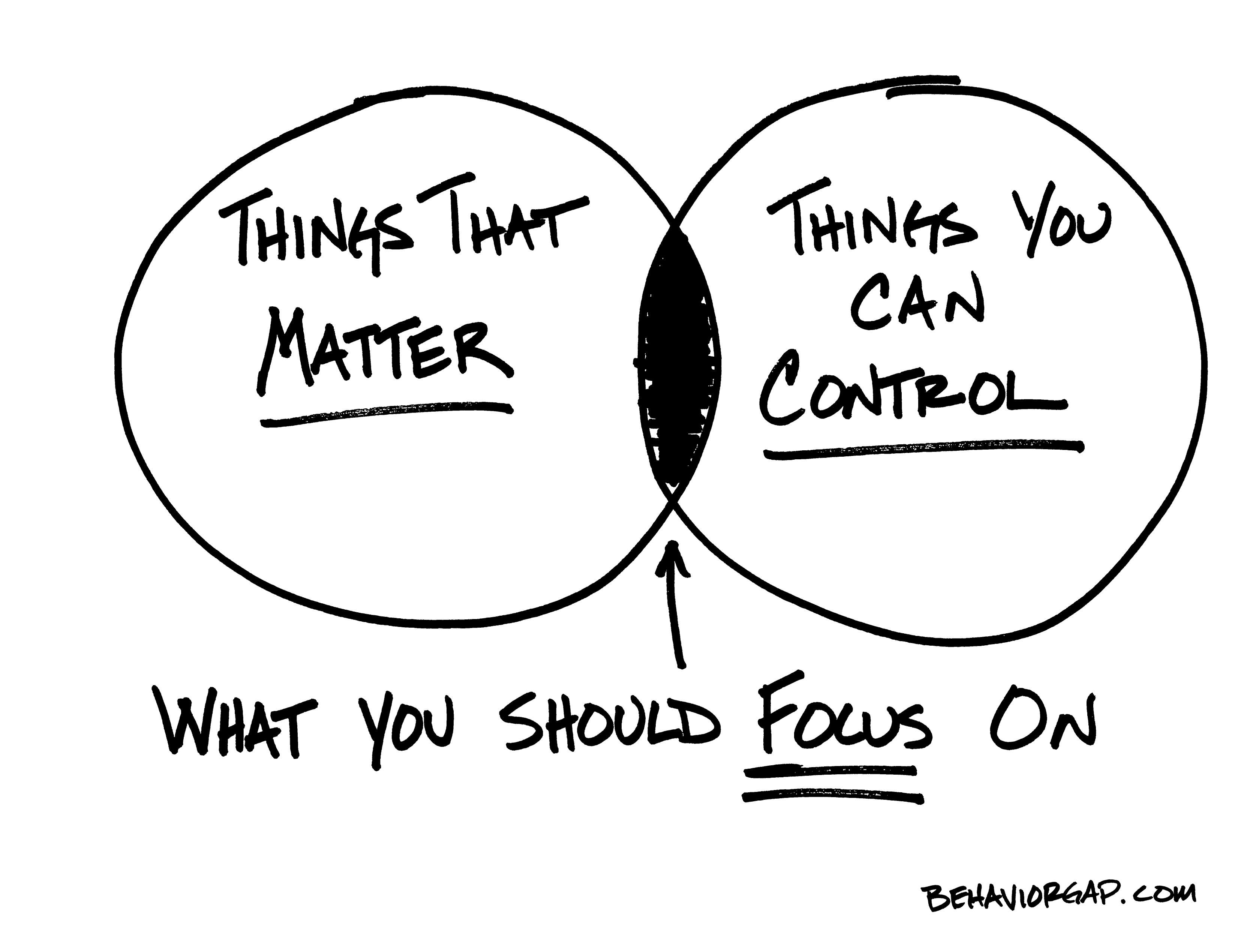So, your boss is a megalomaniac and your teammates would just as soon stab you in the back as cover your shift on your 21st birthday… tough spot.

(Source: wallpaperawesome.com)
Here’s the good news: you’re not alone. The nonprofit, Mental Health America, found in a 2015 study of 2,000 workers that 80% would prefer to work alone because of unhealthy* work environments.
While cutting yourself off from others might protect you emotionally, it won’t likely demonstrate leadership qualities to the people that would promote you.
Instead, you should focus on and leverage the relationships that you can tolerate, take responsibility for the things you can control.
Most importantly, find a way to work with your evil boss. Yes, there’s a way.
*By unhealthy we mean dysfunctional. We’re not talking about environments where your safety or individual rights are violated. Find your HR representative or an attorney in those cases.
Leverage the Good

(Source: ritholtz.com)
While at first, this sounds namby-pamby, you have to consider that you will never get anywhere focused on the uncontrollable, negative aspects of your life, work-related or otherwise.
You cannot grow a garden in a swamp. Rather than what you can’t have, focus on what you can. This means you let go of the things you cannot have, the things you cannot control.
Instead turn your focus towards the things you can control, the things you can have.
You cannot control the fact that half your shifts are with that moody jerk, the one couldn’t smile if his life depended on it. The other half of your shifts are not with him. Focus instead on those shifts.
Spend more time looking forward to the people you enjoy than on the moody jerk. Turn your attention to anything but him.
Giving all your positive energy to clients or customers is an easy way to ignore moody jerks.
Take Responsibility

(Source: youtube.com)
The best leadership advice you will ever get is to take responsibility when things go off the rails. This what leaders do.
Leaders make mistakes all the time, but they own the mistakes with the consequences. Those consequences can be painful.
We’re not talking about showing up late for work because you slept in. (If you’re just trying to show up to work on time, then you aren’t ready for more responsibility.)
We’re talking big-ticket items, like missed goals or sloppy roll outs, projects where you were a player on the field. Raise your hand to accept responsibility.
This paradigm is the opposite of what most people consider the best course of action. Most prefer to point out how everything is not their fault. Most people are not cut out for leadership.
You want everything that goes wrong to be your fault. If it’s your fault, then you believe you are the one who could have done something different. You believe you were in a position to effect change.
You can (and should be ready to) outline a plan for what to do next time so there is a different result. If things are not your fault, then don’t worry. Someone else can be in charge of finding a solution.
Someone else can lead.
Share the Wins

(Source: popsugar.com)
Leaders understand that no one wins alone. When others try to pin medals on you, you accept in the name of politeness, but during your speech you focus attention on the people around you.
Do it, even if you feel those people could have done more to contribute.
If they didn’t redline their contributions this time, they will next time. The guilt of knowing they didn’t really help will drive them to earn the props in the future.
If individuals don’t step up next time, then you know exactly which side of the fence those individuals fall. Those people are not on your team. They’re not your focus.
Taking it a step further… When you are in a position to make such decisions, those people who don’t contribute, even after you round up for them, won’t stay on your team very long. You’ll learn to recognize a non-contributing personality in the interview process. Best case scenario, they won’t even get hired.
Meanwhile, always share the wins.
Manage Up

(Source: topsy.fr)
Your boss wants one thing, the same thing as you. She wants her boss to recognize her good work. Your good work, not the subjective aspects of your work, but the measurable results, reflect on your boss as much as anything.
It may be hard to see this if your boss is a self-absorbed, moody, rude SOB, but it’s true. Under her superficial outer persona, she’s just as needy of praise as you.
When you perform well, that makes her job easier. Make it easy for her to tell her supervisor how well you are doing, how much you deserve the opportunity.
In fact, make it easy for her boss to see your good performance so your boss doesn’t have to sell you. This is easy to do in production positions, where they measure your work via sales or other quantifiable metrics. It’s less so in service jobs.
In those jobs, you’ll want to sit down with your supervisor, regardless of her temperament. Try to identify measurables, even subjective measurables, towards which you can work.

(Source: quotefancy.com)
Never forget that you teach people how to treat you. If you are always the victim of circumstance, but the person who always asks for praise, then you teach them you are a needy person who’s not fit for leadership.
Instead, always looking for different ways you could have done things. Recognize the good work of others, however minuscule.
Keep your chin up. Make sure you know your targets, then run at them like gangbusters. If the company is worth the effort, your opportunity will rise through the chaos.



